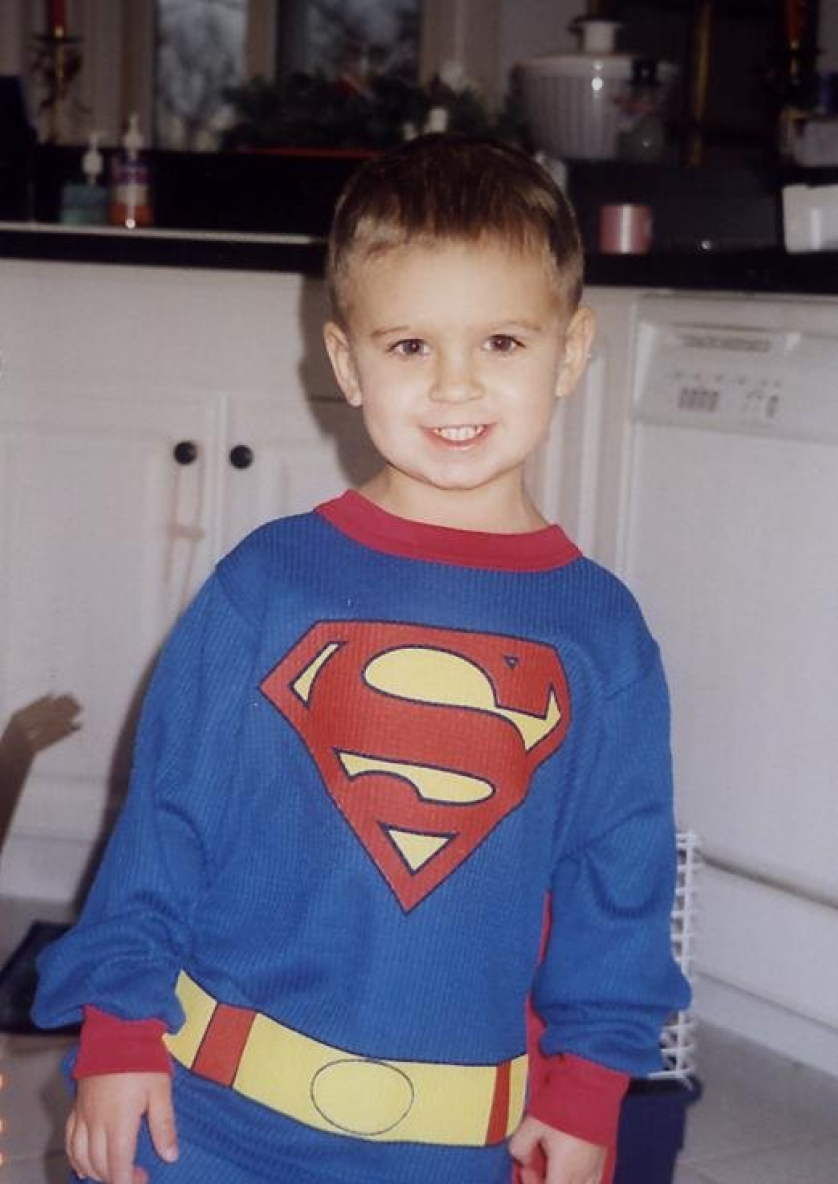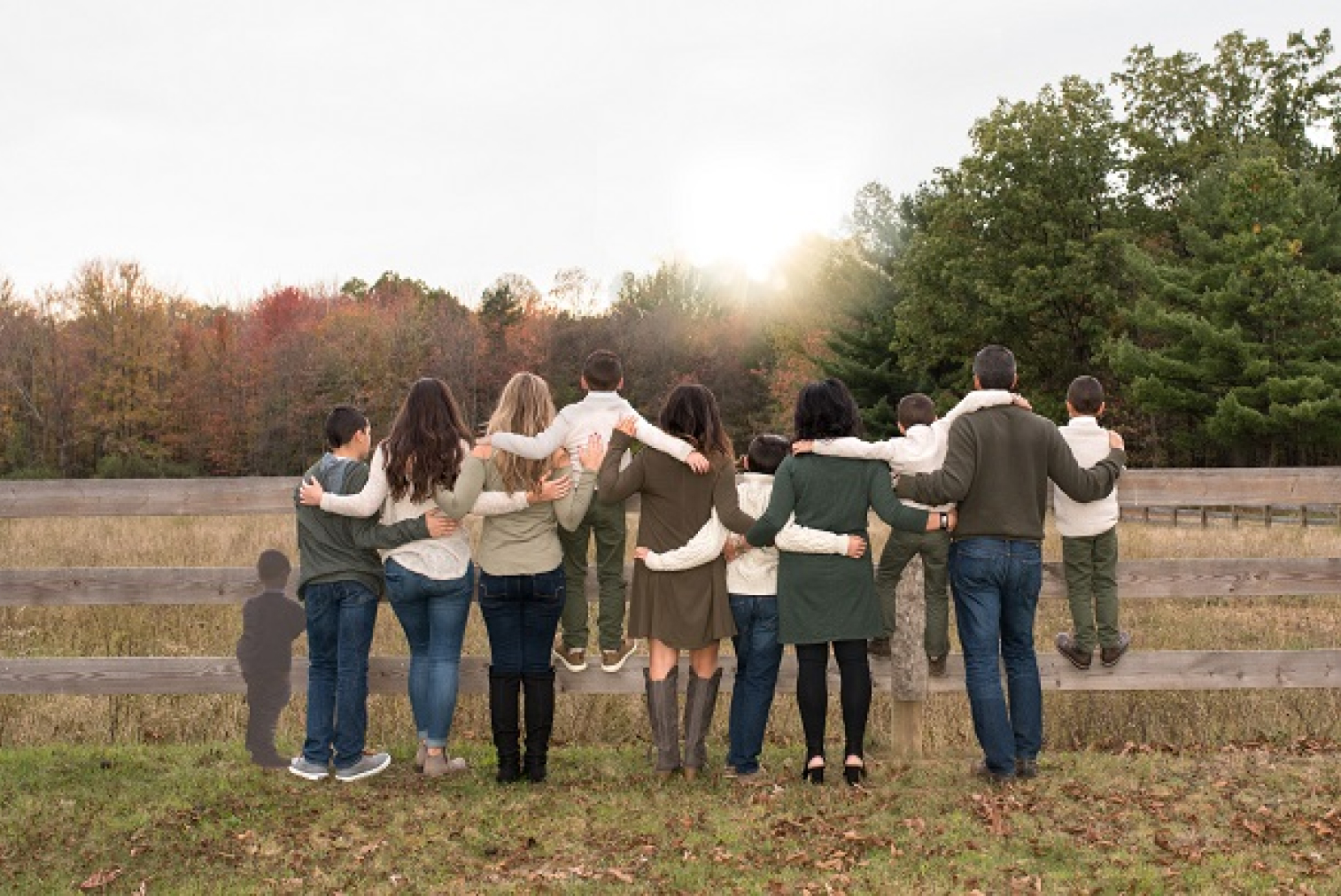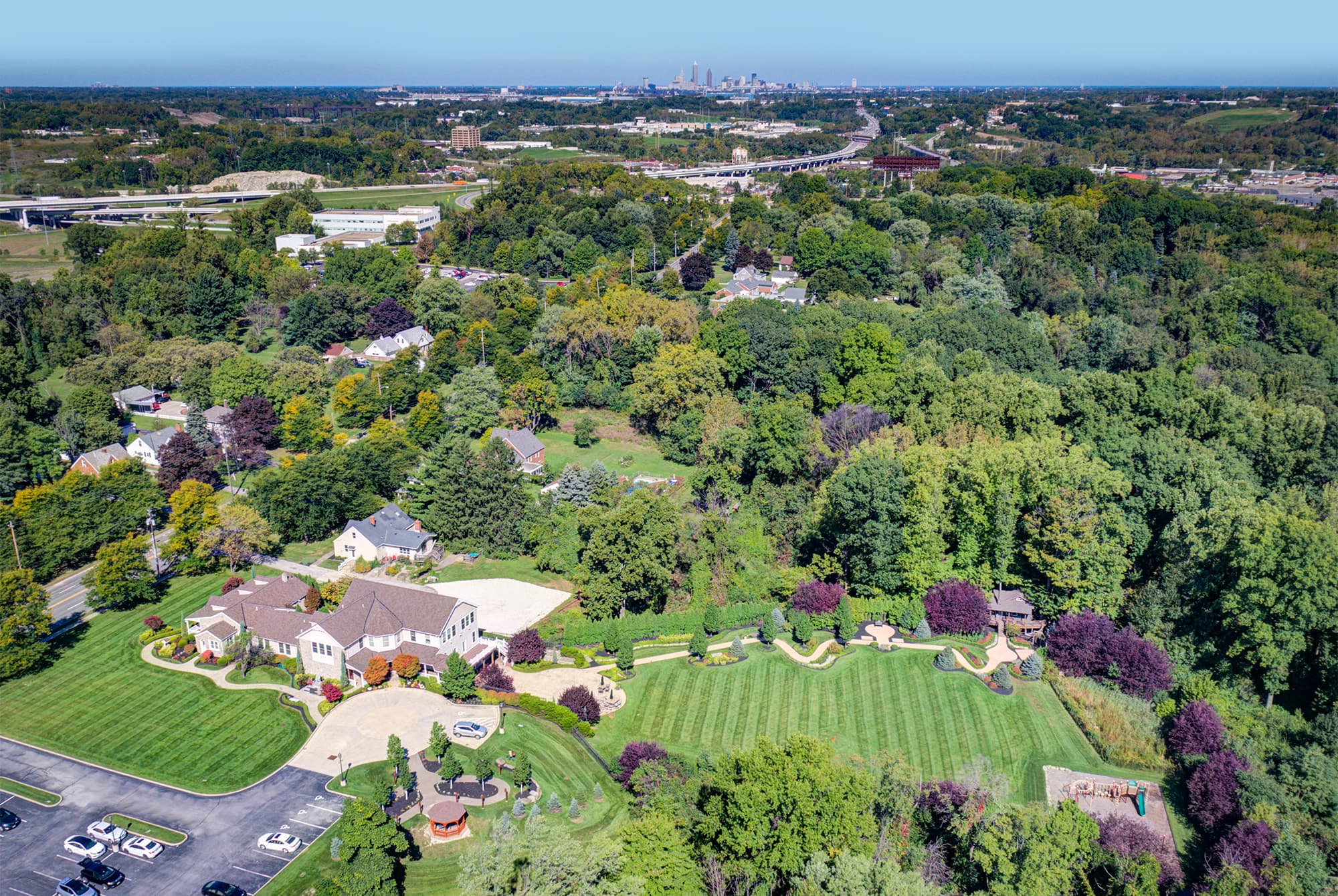Our Story
We remember New Year’s Eve, 1999 like it was yesterday.
As the ball dropped on Times Square, we entered into a new Millennium. We talked about life and about our three wonderful children, Taylor, Bobby, and Francesca. We talked about our work, our marriage, and how blessed we were that everything was going so well in our lives. We thanked God for all that He had given us: healthy kids, a good job, a new home, and a future that looked bright. We talked about wanting to give back to others, though we weren’t sure how. Before we knew it, winter was over and spring had arrived. It was May of 2000 and our lives were about to change forever.
On Mother’s Day evening, May 14, 2000, we rushed our only son, Bobby, to the emergency room with a high fever.
Though we knew something was wrong, we both expected to be home in a few hours to tuck Bobby into his bed and wake up the next morning to keep living our normal, blessed life.


But we didn’t come home until the next evening, and we did so without our son.
Bobby died from an infection caused by bacterial meningitis at just three years old. Soon after Bobby’s death, we searched for comfort and direction. We desperately needed help. Although our world seemed to have stopped, the world that we lived in had continued to orbit at a much faster pace. Mark was expected to get back to work soon after Bobby’s death; Christi was supposed to care for our other children in the very home that Bobby used to run around and play in – his room now empty, his laundry not dirty, his toys lying in the same spot.
We started by attending a hospital support group. And while we desperately needed those monthly meetings, they just weren’t enough. We could have used a weekly or even nightly meeting to meet our needs during the initial “shock” stage of grief. With financial support from our family, we sought private counseling, but even that didn’t seem like enough to help us get through each and every day without Bobby. We were emotionally and spiritually drained with no real hope. We needed something more.
So we began to investigate our options.
We found other facilities around the country dedicated to bereavement care. We traveled west to Portland, Oregon and visited the Dougy Center. We also toured, met, and spoke with other founders and directors of bereavement care facilities, including the Caring Place in Pittsburgh, Pennsylvania. It was in all this that our vision for Cornerstone of Hope emerged.
Unlike the support available to us locally when we lost Bobby, Cornerstone of Hope is a home that is open six days a week so that those who are hurting can access support for themselves or their family when they need it most. Cornerstone offers professional counseling for individuals and for the entire family. We strive to make our services accessible for all. Extended family members can receive training on how to care for those directly affected by the death of a loved one. Businesses can also offer help to their employees whose productivity has been affected by the death of a loved one. Funeral homes, schools, churches, doctors, hospitals, and other existing support groups have a central resource in Cornerstone that is strictly dedicated to bereavement care for those in need.
Our goal is to make life and living possible again and to find new hope after the loss of a loved one. For us, Cornerstone of Hope is our way of fulfilling our millennium resolution to give back. Though the loss of our son was never the way we dreamed we would end up giving back, we are committed to turning our pain into purpose. We pray you will find that purpose in your pain, too.
WITH HOPE,
Mark & Christi Tripodi
EPHESIANS 2:20–22
Built on the foundation of the apostles and prophets, Christ Jesus himself being the cornerstone, in whom the whole structure, being joined together, grows into a holy temple in the Lord. In him you are also being built together into a dwelling place for God by the Spirit.
OUR VISION
Creating a world where no grieving person journeys alone.
Cornerstone of Hope is dedicated to providing support, education, and hope for the grieving. Guided by Christian values of compassion and service, we welcome and serve all seeking support.

Stay Connected
Subscribe to our e-newsletter to get the most recent information on our resources, programs and events.